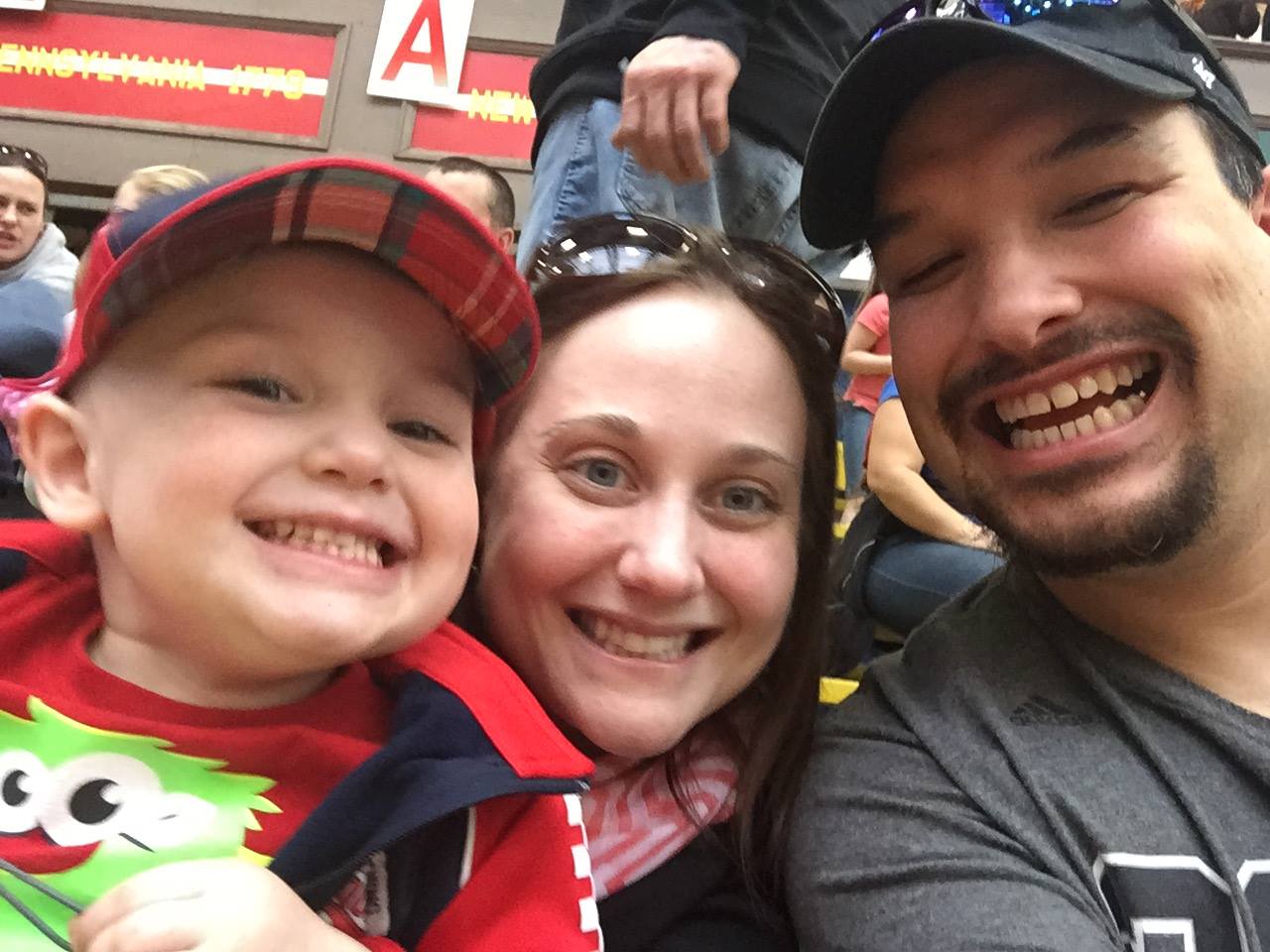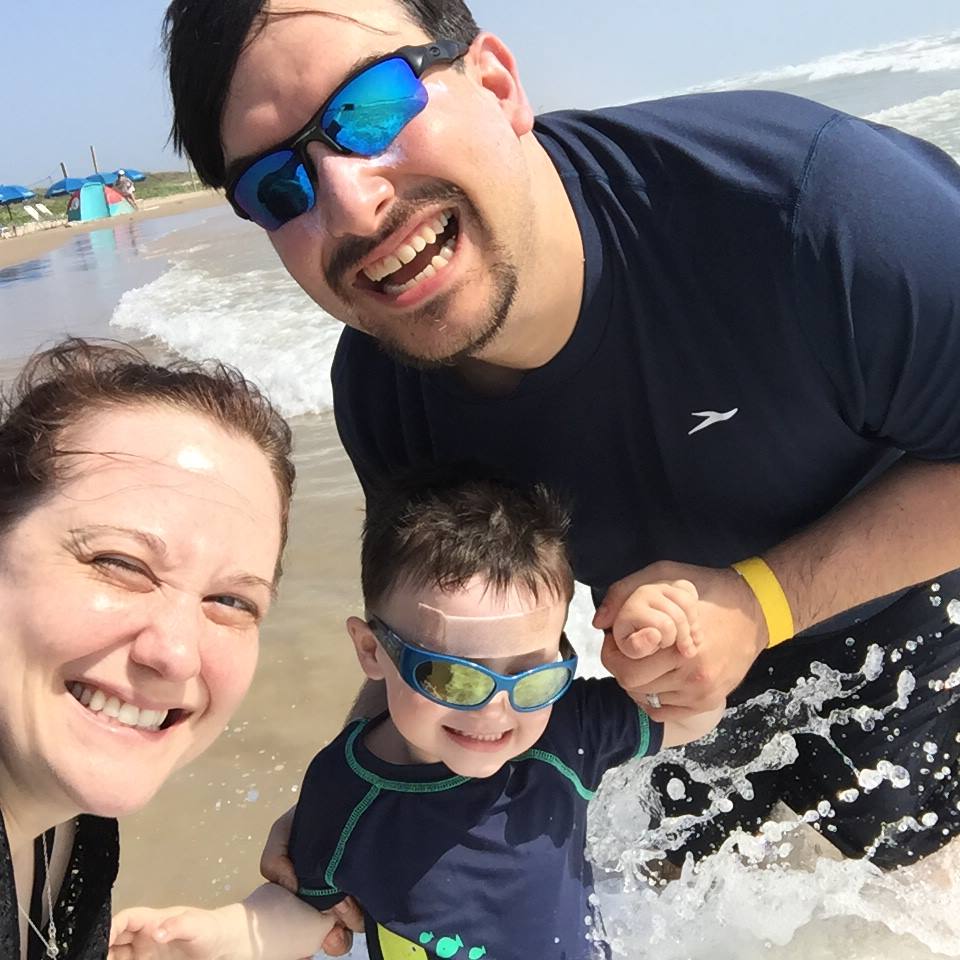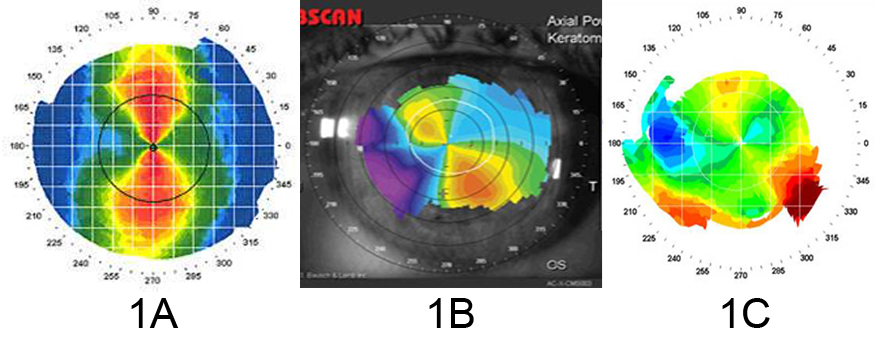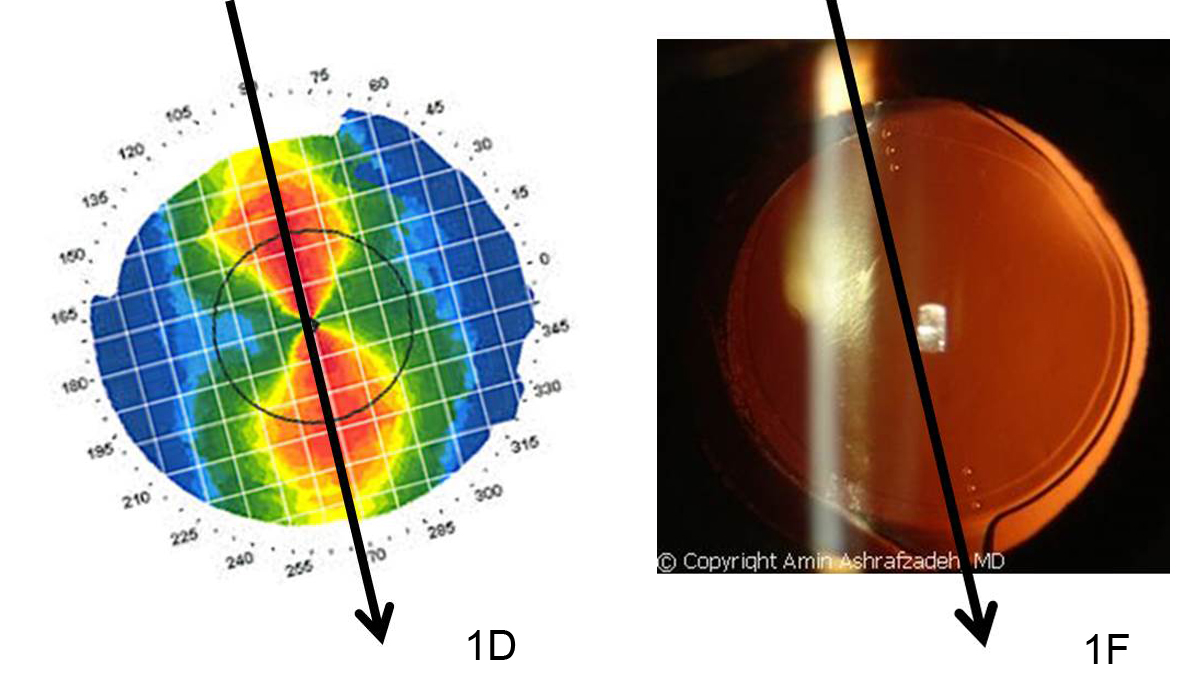The stories that people share about their vision loss help remind everyone not to take your vision for granted. The following article is from the Keratoconus Group Blog, and is used with their permission. It reveals the emotional toll of keratoconus, while trying to find the most comfortable treatment option that will allow you to see.
A New Lease on Life
My keratoconus story begins just as one major life event ended and another was just starting.

I finished my dissertation and successfully defended it in June of 2007 then set off across the country with my then girlfriend (now wife) to start new jobs. Everything was on the upswing and all appeared normal. However, it had been about a year since my last visit to the optometrist and being in a new place, I had to go through the dubious task of finding one.
I ended up getting an appointment with the optometrist at our local Walmart as I had broken my only pair of glasses and needed a quick replacement. The visit was going normal (or so I thought) until he came back into the exam room after checking on something. It was with a grave expression that he told me that he noted some concerning findings and I should probably speak with someone who had more experience with keratoconus.
For the next hour or so, I was in a panic that I was going blind. That is until I got online to get more details on what this was all about. After reading into the late evening, a great many eye-related issues over the past several years suddenly made sense. I immediately recalled my many complaints about my night time driving becoming more bothersome because oncoming headlights were blinding. It was on the many forums where I first learned of the terms halos and ghosting, which I would become all too familiar with in subsequent years. Lastly, I had tried to switch from glasses to soft contact lenses roughly a year before my move and was not able to do it. I didn’t know it then but my left contact kept sliding off because of my enlarged cone. In retrospect, I still cannot fathom how my optometrist did not recognize the symptoms.
After a little research, I found a local optometrist who had experience with KC. He basically wanted to put me in RGP lenses and call it a day. This was a horrible experience and I will save everyone the gory details. Suffice it to say, I would stay in glasses until February of this year–nearly 7.5 years since my initial diagnosis.
Little by little I was becoming aware that my vision was getting worse. Night time driving was becoming near impossible, reading on the computer (which is a huge bulk of my job) was increasingly difficult and the photophobia was simply impossible to ignore–especially at stores and restaurants that used brutal florescent lighting. I did have tomography scans done yearly and thankfully the progression was slow, but it was still progression. Something had to change.

After leaving my optometrist for several philosophical reasons, I was able to find a group outside of my area, but still within driving distance, who were expert with patients with KC. It was there that I learned about scleral lenses and how they could be of benefit. My ophthalmologist and I also discussed cross-linking, but decided that since FDA approval is around the corner, we have the luxury of time to wait. However, he strongly encouraged me to switch to the scleral lenses.
I am ever thankful that he did. My life, in just a few short weeks, has been irrevocably changed. We are still working out the fine tuning, but the vision restored is unbelievable. I never thought I would see this well again. Overall, vision is 20/25 and I’ve also noted that my peripheral vision is back to normal. Also, and most thankfully, my night time vision and ability to drive safely have been restored. It is still unbelievable what these lenses have done for me and my overall quality of life.
There is the old cliché that you don’t know what you have until it is lost. I am still amazed how I didn’t truly realize how bad my vision had gotten until I got the sclerals. For those with KC and are on the fence as to how best to deal with it, please don’t hesitate to talk with your doctor to find the best solution for you.
7/30/15



























